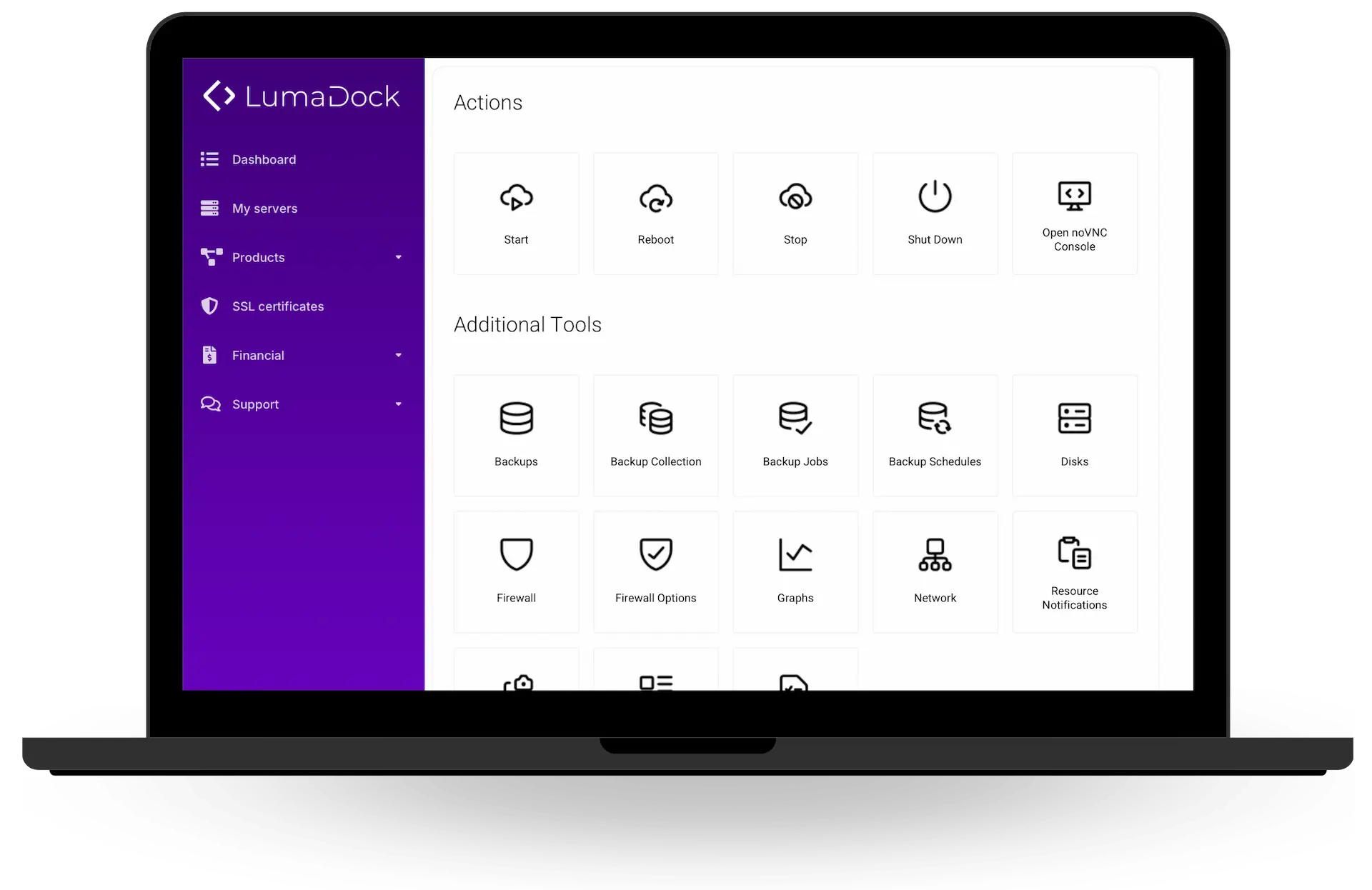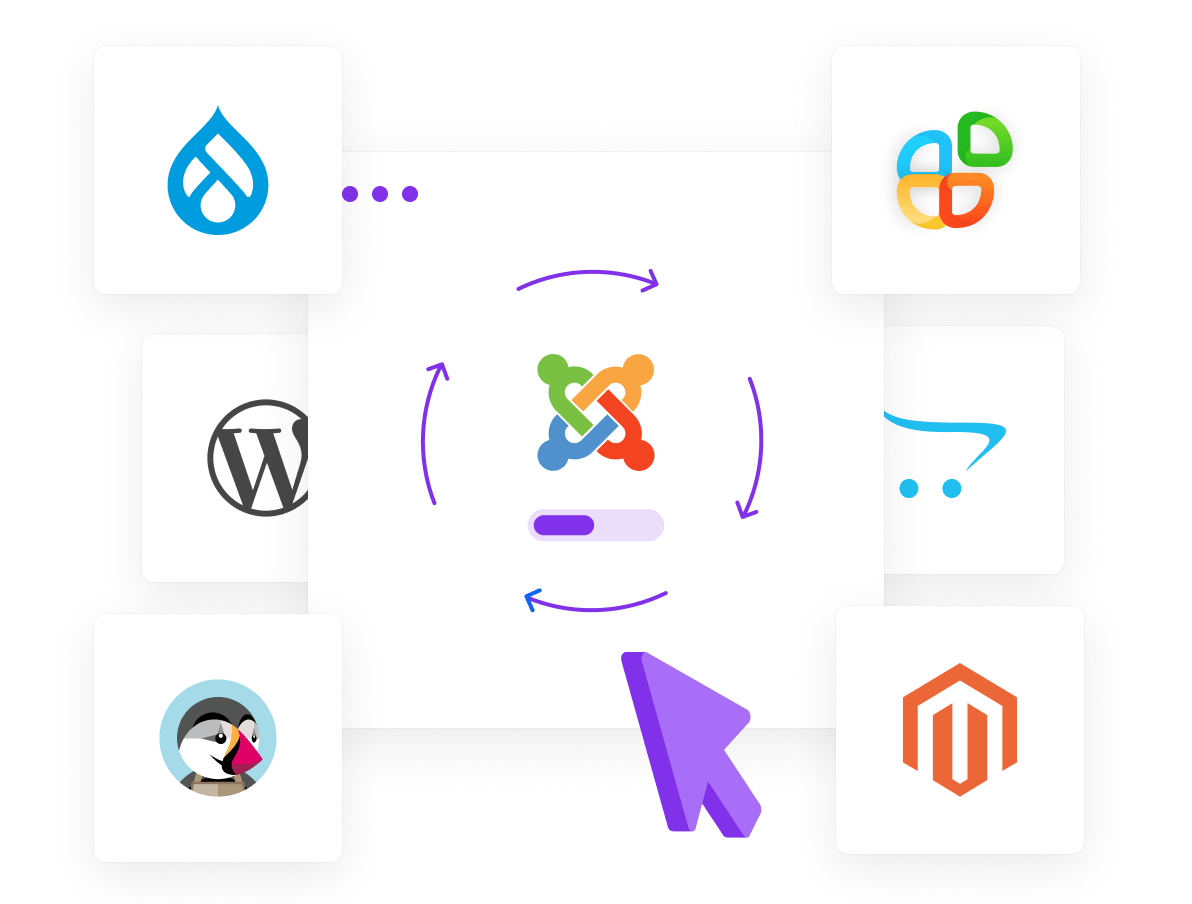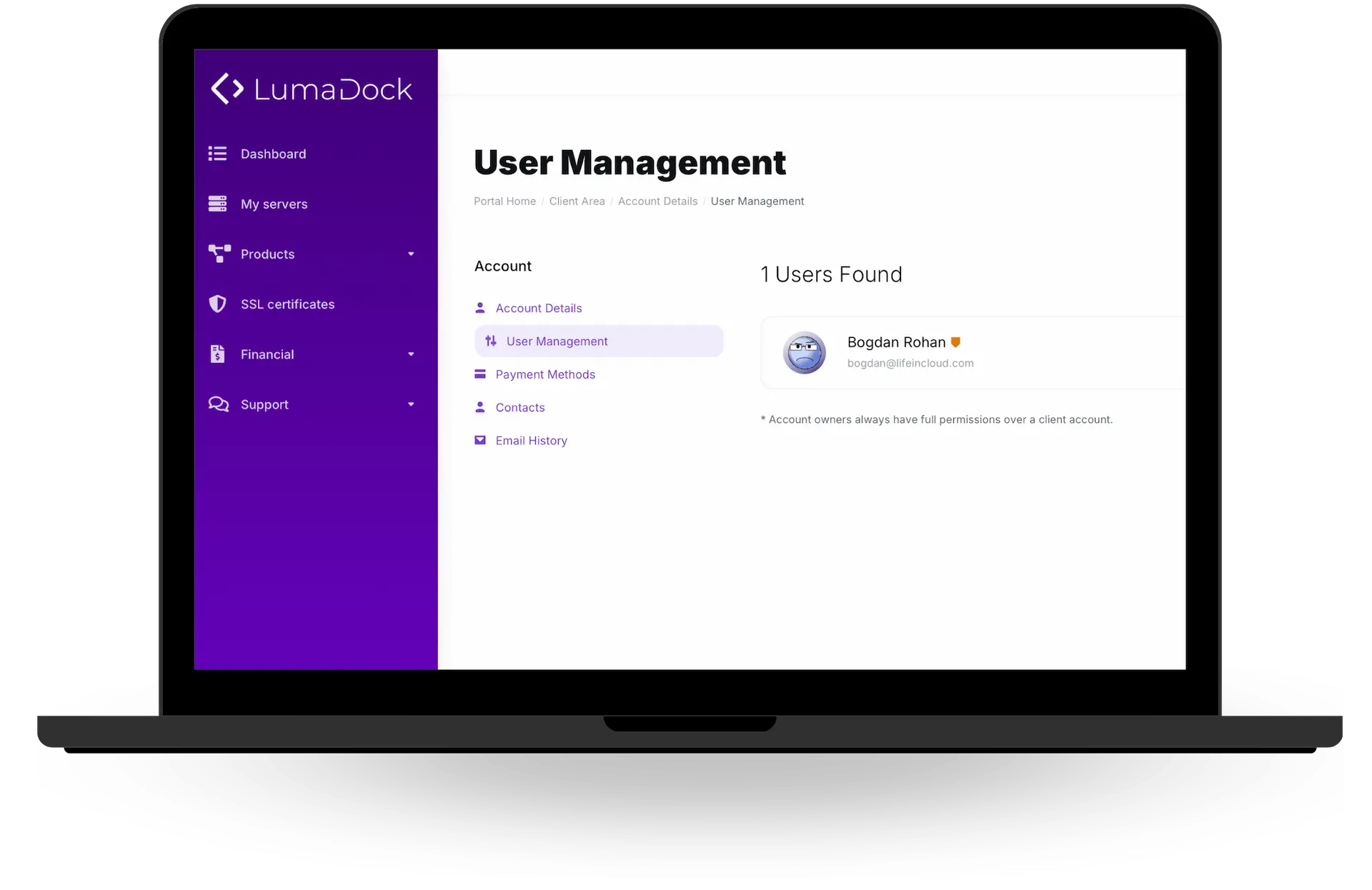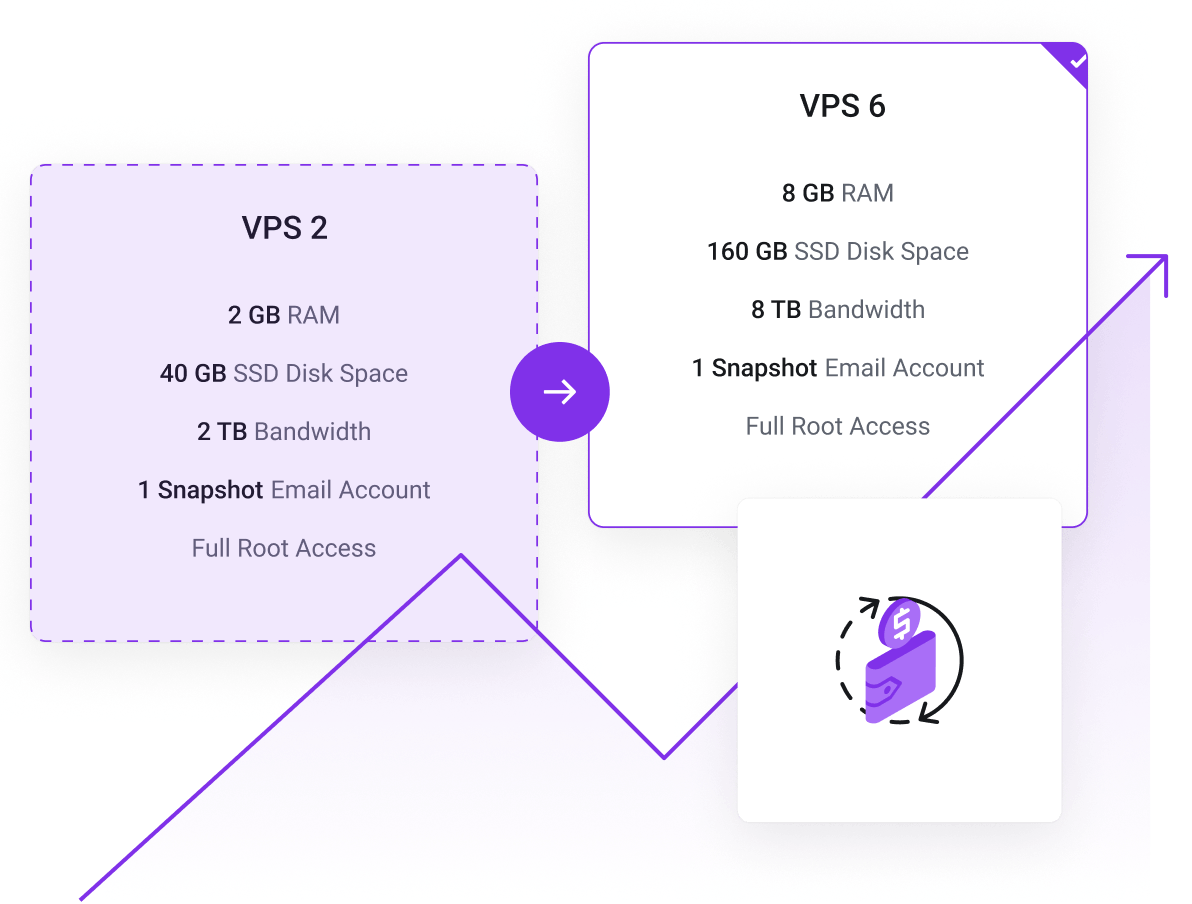Cloud VPS (Virtual Private Server) is a popular choice for businesses of all sizes because it offers a balance of performance, scalability, and affordability. Here are some of the key benefits of choosing cloud VPS:
1. Scalability: Cloud VPS is highly scalable, which means that you can easily add or remove resources (CPU, RAM, storage) as your needs change. This is a major advantage over traditional VPS hosting, where you are limited to the resources that you have purchased upfront.
2. Performance: Cloud VPS is typically more performant than shared hosting, as you have dedicated resources that are not shared with other users. This means that your website or application will experience fewer slowdowns and outages.
3. Cost-effectiveness: Cloud VPS is a cost-effective solution for businesses that need more resources than shared hosting but don't need the full power of a dedicated server. With cloud VPS, you only pay for the resources that you use, so you can save money by scaling your resources up or down as needed.
4. Security: Cloud VPS is a more secure hosting option than shared hosting, as your data is stored in a secure cloud environment. Cloud providers also have a variety of security measures in place to protect your data from cyberattacks.
5. Control: Cloud VPS gives you more control over your server environment than shared hosting. You can install your own operating system and software, and you can configure your server to meet your specific needs.
6. Reliability: Cloud VPS is a highly reliable hosting option, as your data is replicated across multiple data centers. This means that your website or application will continue to be up and running even if there is an outage at one of the data centers.


















.svg)
.svg)
.svg)
.svg)
.svg)
.svg)
.svg)
.svg)
.svg)
.svg)
.svg)

.svg)








































.png)





.png)
.png)
.png)
